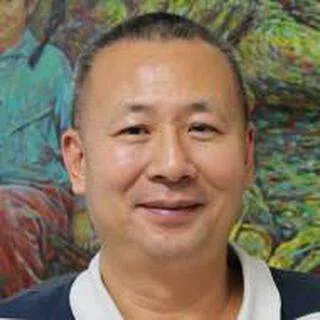[Photos] Fact versus fiction: The portrayal of WWII anti-Japanese martyrs in Taiwan
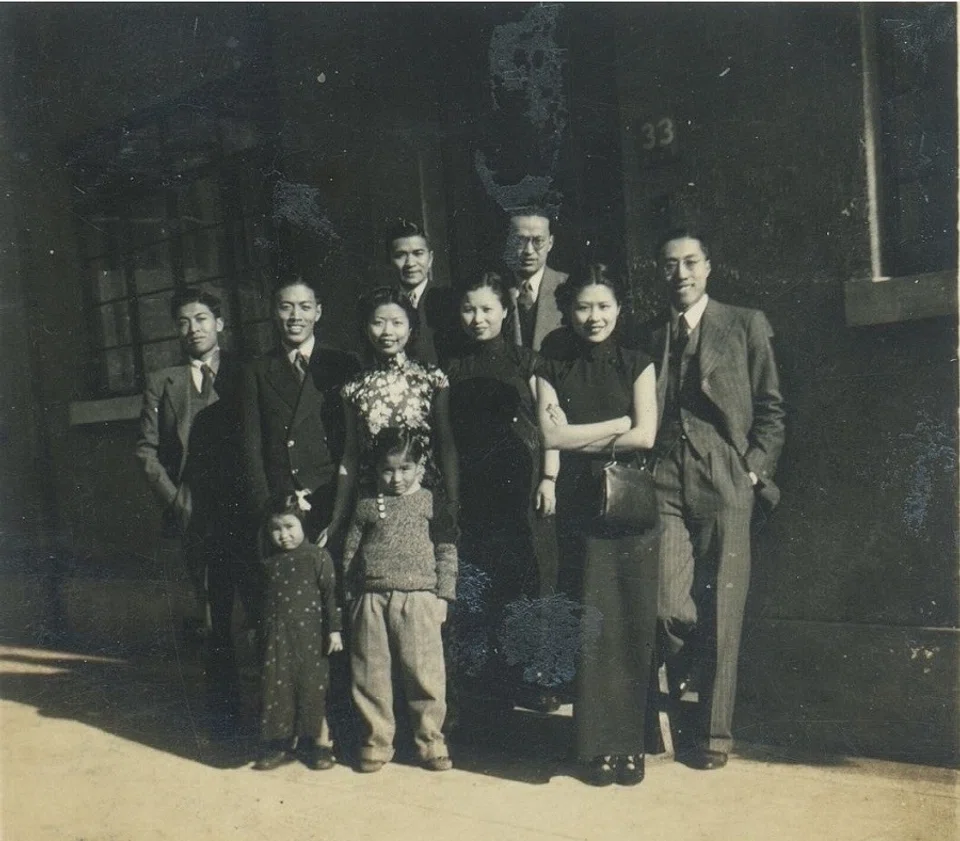
Historical photo collector Hsu Chung-mao looks back at the sacrifices of the Republic of China’s consul in Borneo Zhuo Huanlai during the Second World War, amid his recent vilification in a Taiwanese TV drama.
Recently, Taiwan’s Public Television Service (PTS) launched a drama series called Three Tears in Borneo, which tells the story of three Taiwanese brothers who serve as camp guards for Japanese prisoners of war (POWs) in Southeast Asia and are later tried by the Allied forces after Japan’s surrender.
However, the show has faced strong criticism from the original author, Li Zhanping, this writer, and segments of Taiwanese society for distorting historical facts about the role of Taiwanese people during the Second World War. There is also discussion of a potential copyright infringement lawsuit against the production company.
Zhuo Huanlai’s gruesome end
The story begins in 2005 when Li Zhanping, a researcher with the Taiwan archives, spent six years conducting field research and interviewing former Taiwanese war criminals in Borneo, Japan, Taiwan and other places, and compiled his findings into two books.
In 2021, PTS began preparing for a TV series based on Taiwan’s war criminals under the lead of director Sun Chieh-heng and screenwriter Tsai Yu-fen. The three Taiwanese brothers in the series are based on real-life former Taiwanese war criminal Ke Jingxing (柯景星), while the Chinese consul and his wife are based on Zhuo Huanlai — the Republic of China’s consul in Borneo — and his wife Zhao Shiping. These individuals have a poignant story that is rooted in historical fact.
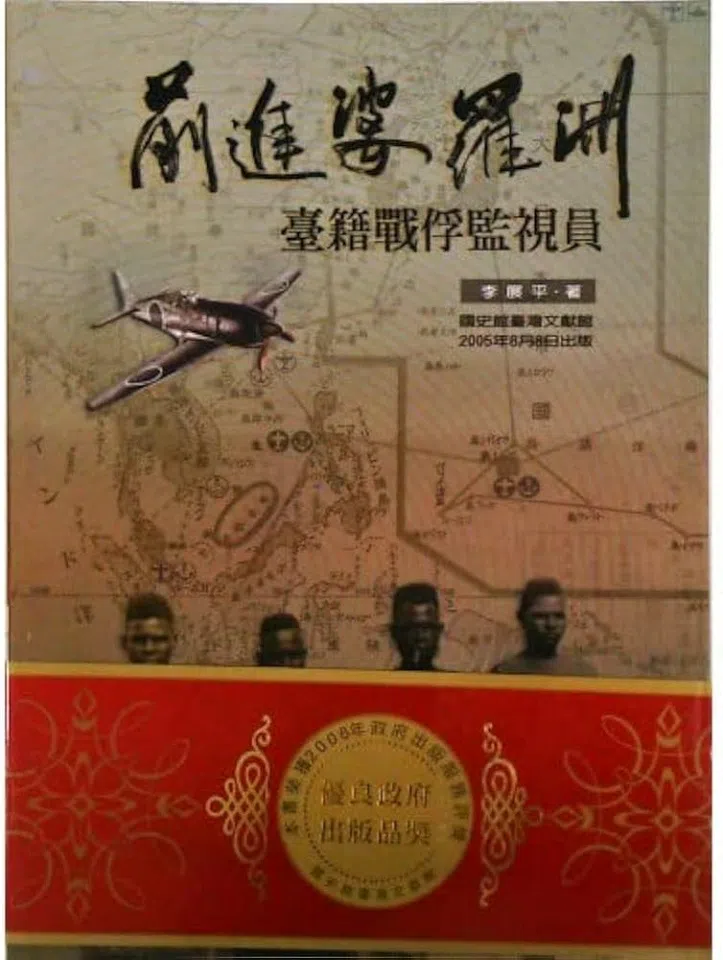
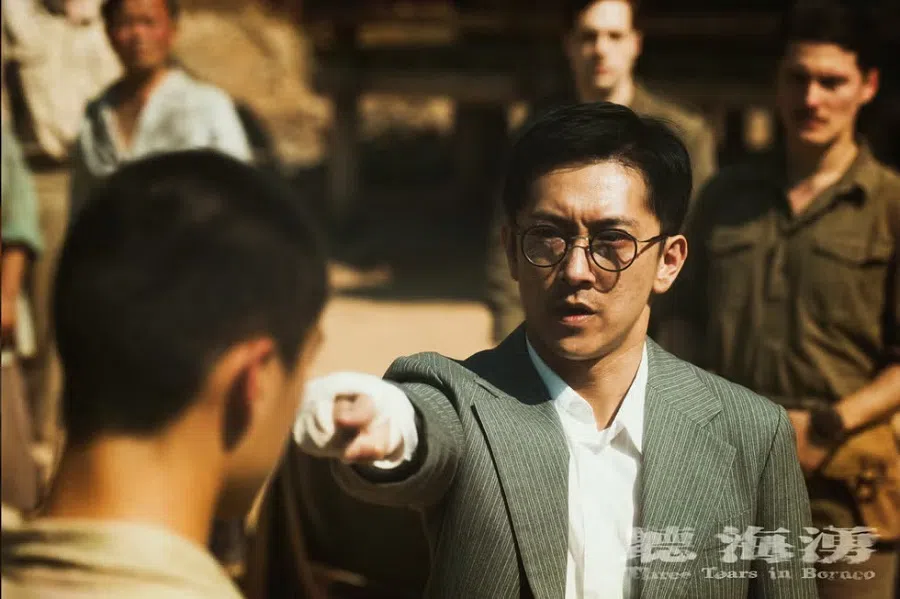
Zhuo Huanlai was born into a prominent family in Minhou county, Fujian province. He graduated from Yenching University and earned a doctorate in law from the Université de Paris, and had also studied at the London School of Economics. After returning to China, he joined the Ministry of Foreign Affairs.
In July 1940, Zhuo was appointed as the consul in Sandakan, North Borneo, overseeing Chinese affairs in Sarawak. As he was capable and warm, he was welcomed and well-regarded by the Chinese community.
On 19 January 1942, Japanese forces rapidly occupied Sandakan. Zhuo and his group were unable to evacuate, and he was arrested after quickly destroying important documents. The Japanese tried to threaten and tempt him to join their puppet government and promote the “Greater East Asia Co-Prosperity Sphere” and in turn gain the support of the local Chinese community.
With lax security at the internment camp, Zhuo had many opportunities to escape with the help of Chinese locals, but he refused. He believed that the Japanese army would retaliate harshly against the Chinese community if he had done so.
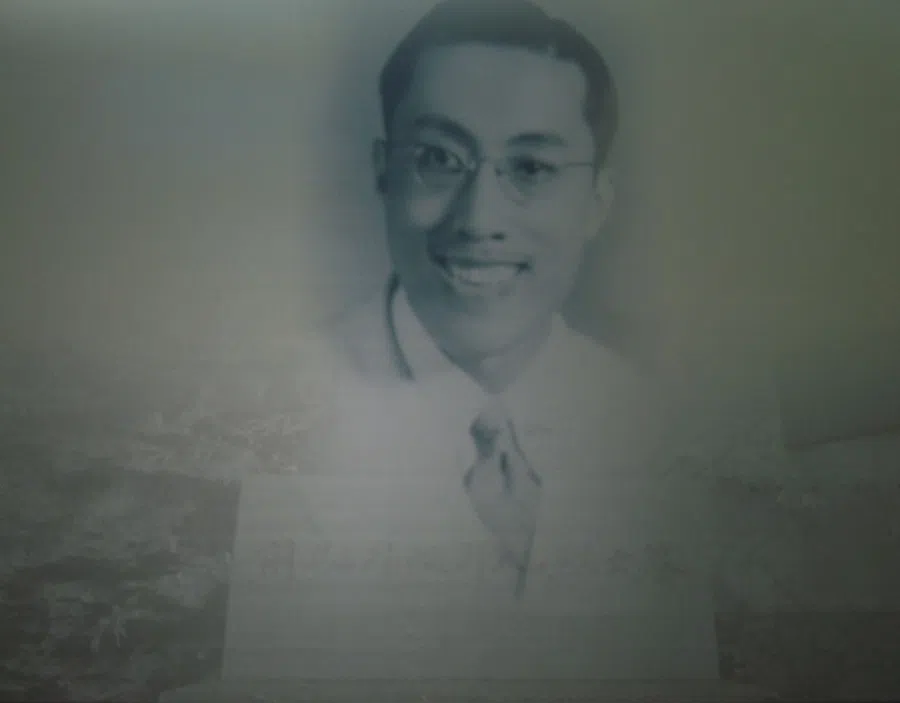
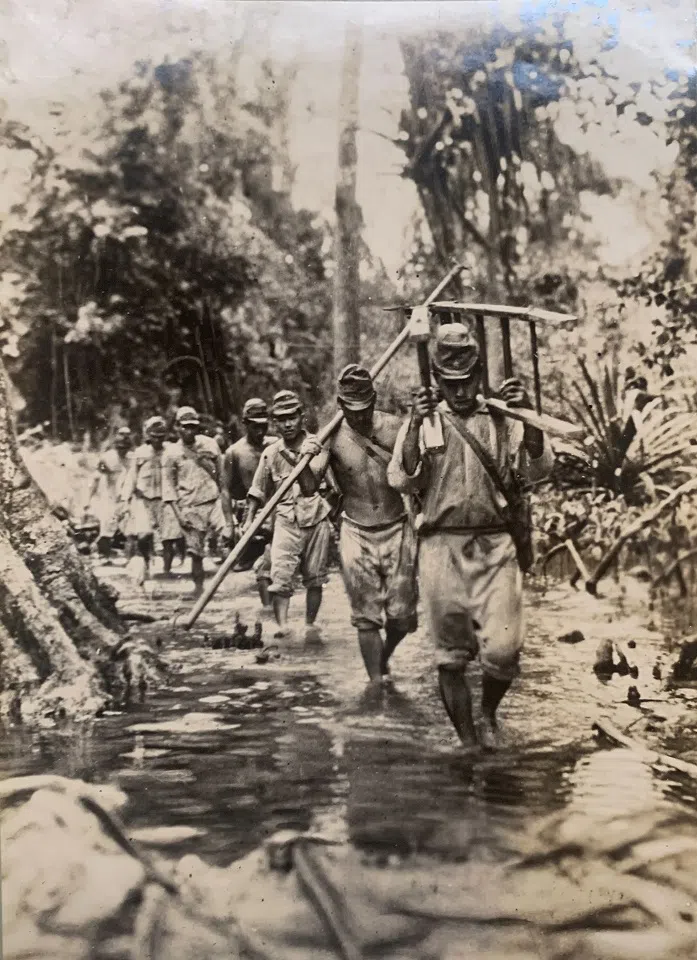
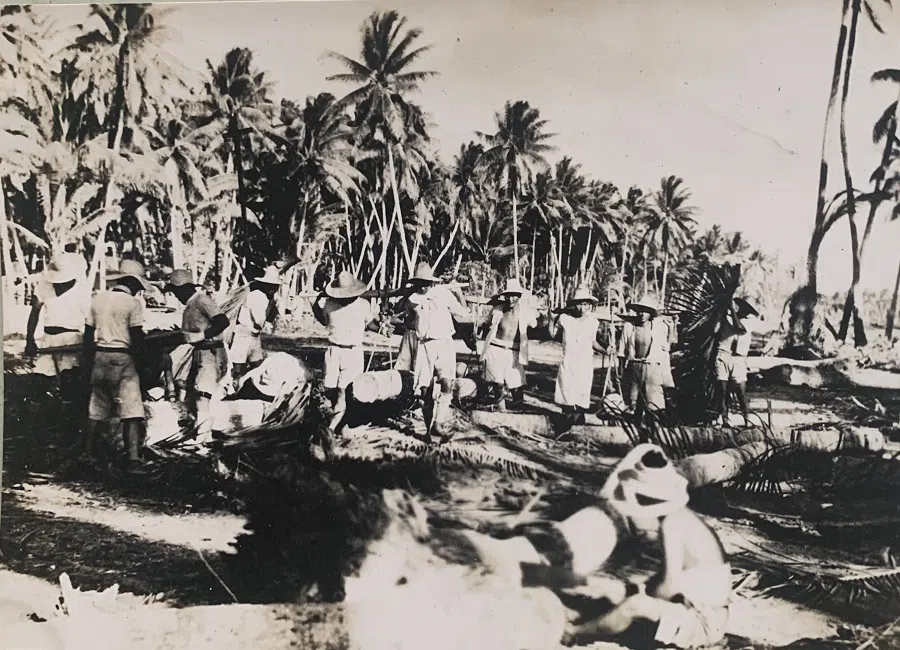
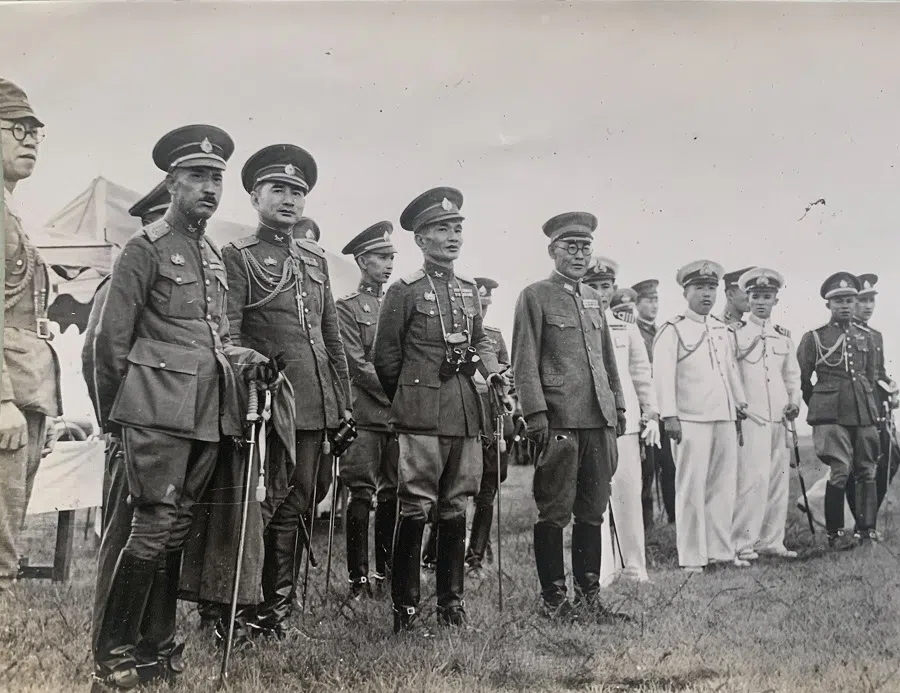
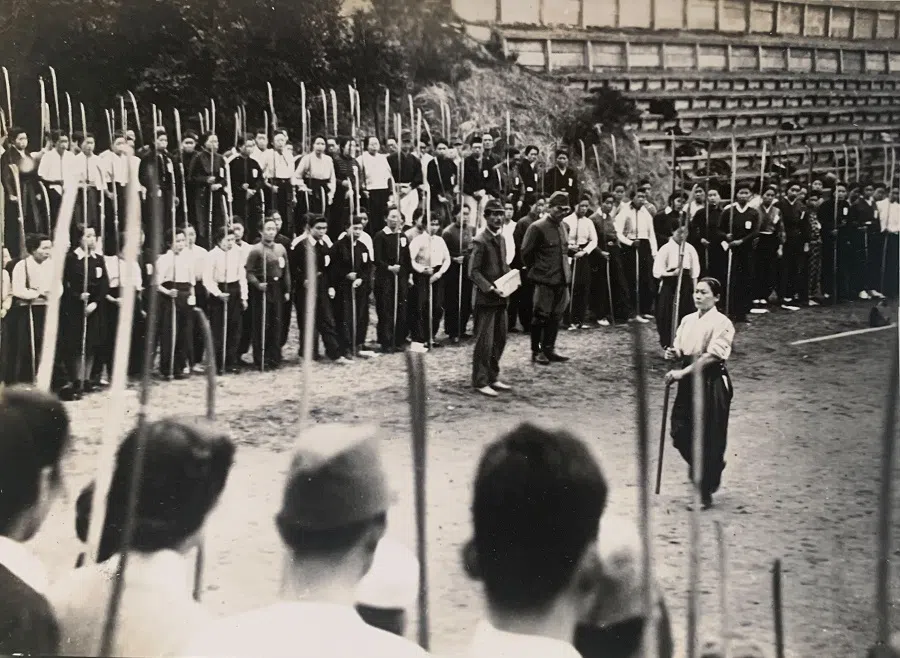
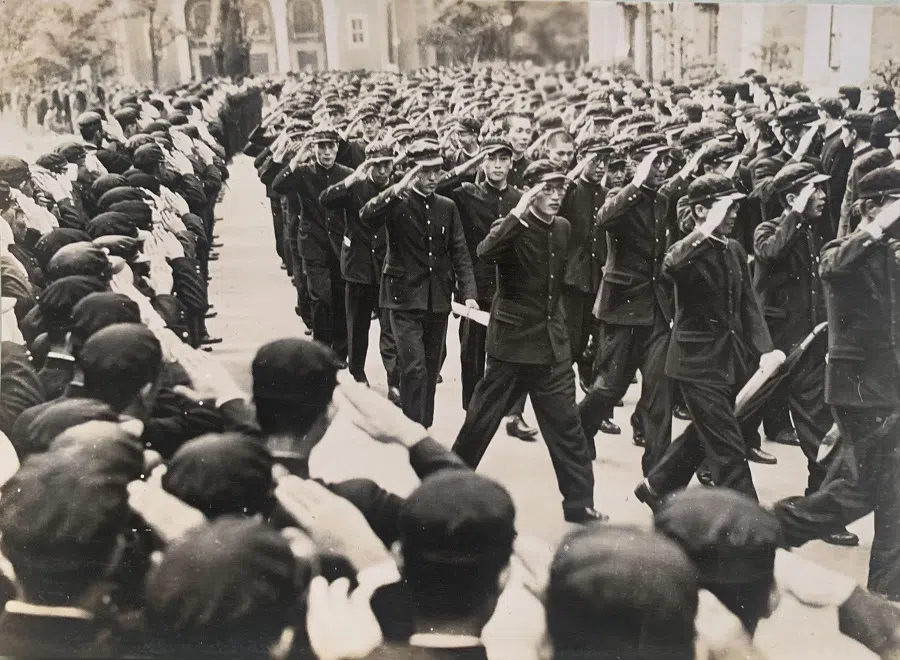
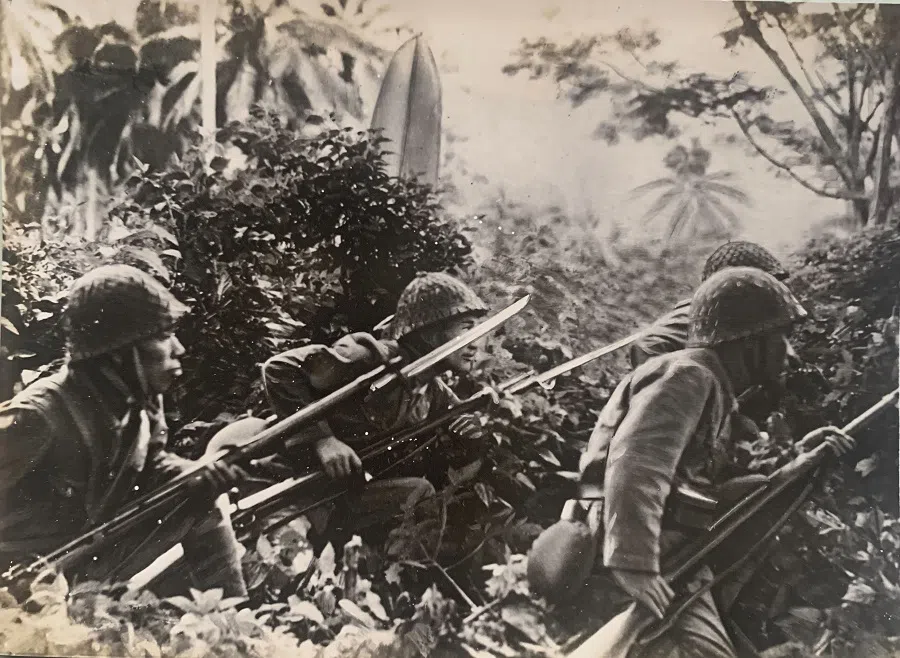
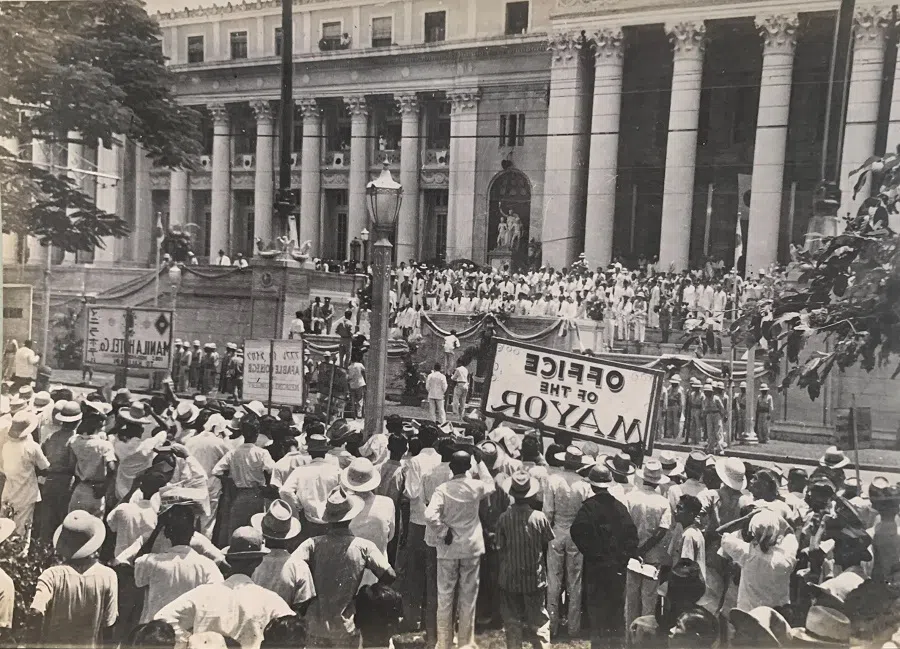
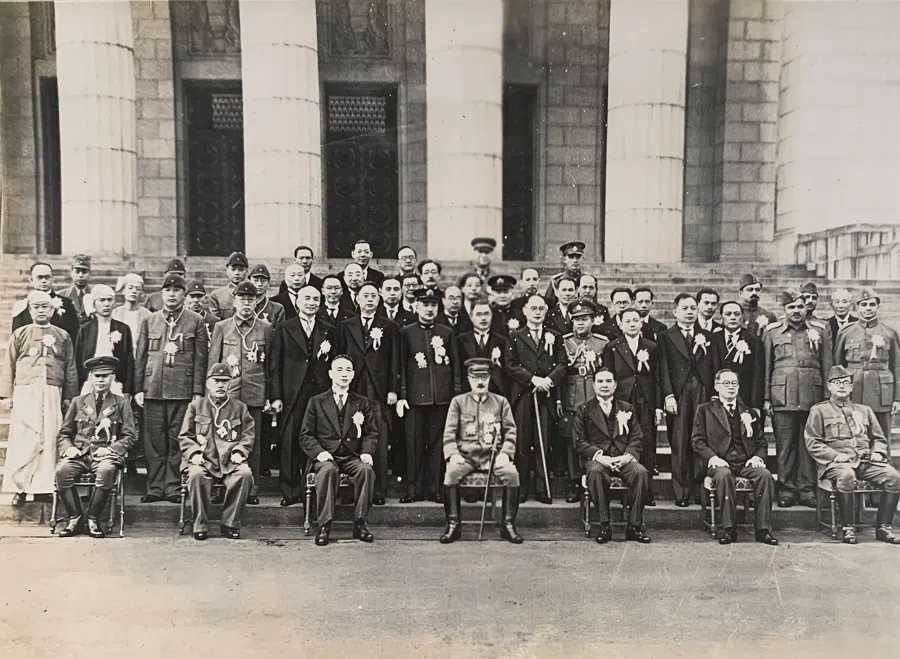
Zhuo was unwilling to be a running dog of the Japanese empire, and adamantly declined. The Japanese imprisoned him in a concentration camp along with British and American POWs, and forced them into hard labour, while his wife and children were detained elsewhere.
By 1945, the sun was setting on the Japanese empire. Allied forces counterattacked on multiple fronts, and Japanese forces in Southeast Asia were heavily bombed. With lax security at the internment camp, Zhuo had many opportunities to escape with the help of Chinese locals, but he refused. He believed that the Japanese army would retaliate harshly against the Chinese community if he had done so.
Consequently, one month before Japan’s surrender, Japanese troops brought Zhuo and the others near Keningau and secretly shot them to death. His wife, imprisoned in Kuching, remained unaware of her husband’s fate.
After the war, surrendered Japanese forces revealed the location of Zhuo’s remains; only his hair and bone fragments were found, showing that he was brutally dismembered and beheaded by the Japanese.
In 1959, with support from various sectors of the Chinese community in North Borneo, the Cho Huan Lai Memorial was erected at the site of Zhuo’s murder, dedicated to him and his four companions, with a plaque bearing his deeds.
Memorialising the heroes
In 1947, the Chinese Ministry of Foreign Affairs resumed its office in Borneo, and the remains of Zhuo Huanlai were repatriated back to China by local Chinese expatriates, and interred at the Babaoshan Revolutionary Cemetery. The foreign ministry also held a public memorial service for him in Nanjing, with a eulogy written by his teacher, John Leighton Stuart.
During the same period, nine Chinese diplomatic personnel were killed for remaining at their post and refusing to become traitors, including those stationed in Manila: Yang Guangsheng (Clarence Kuangson Young), Muh Chieh-wen, Chu Shao-peng (P.K. Chu), Yao Tzu-shiu, Hsiao Tong-ming, Yang Ching-sho, Lu Ping-chih and Wang Kong-wei. They were later honoured by the People’s Republic of China as revolutionary martyrs.
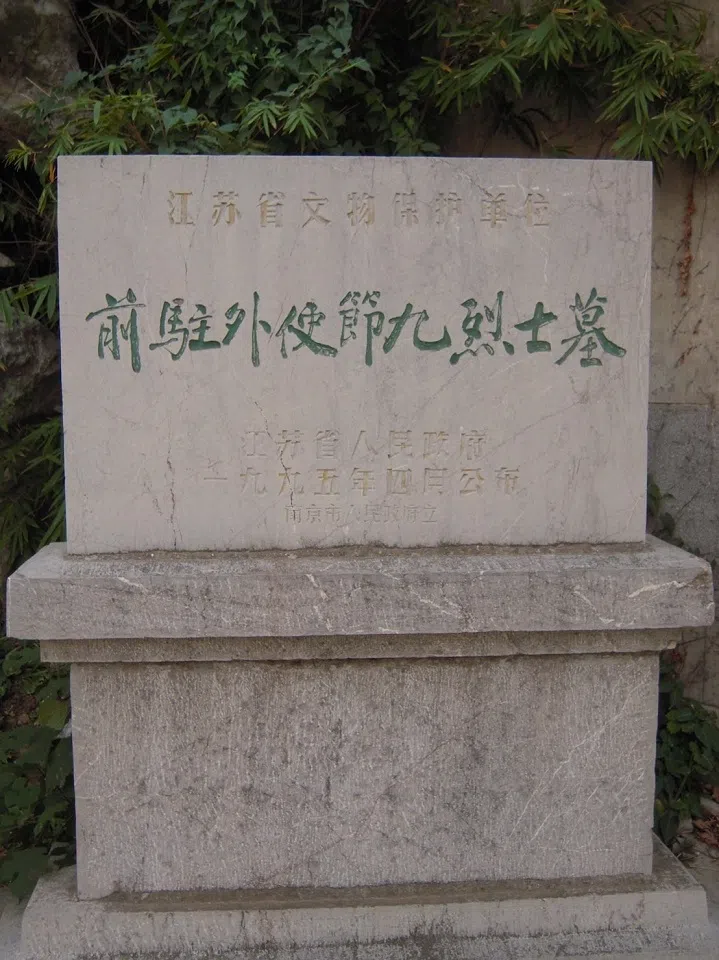
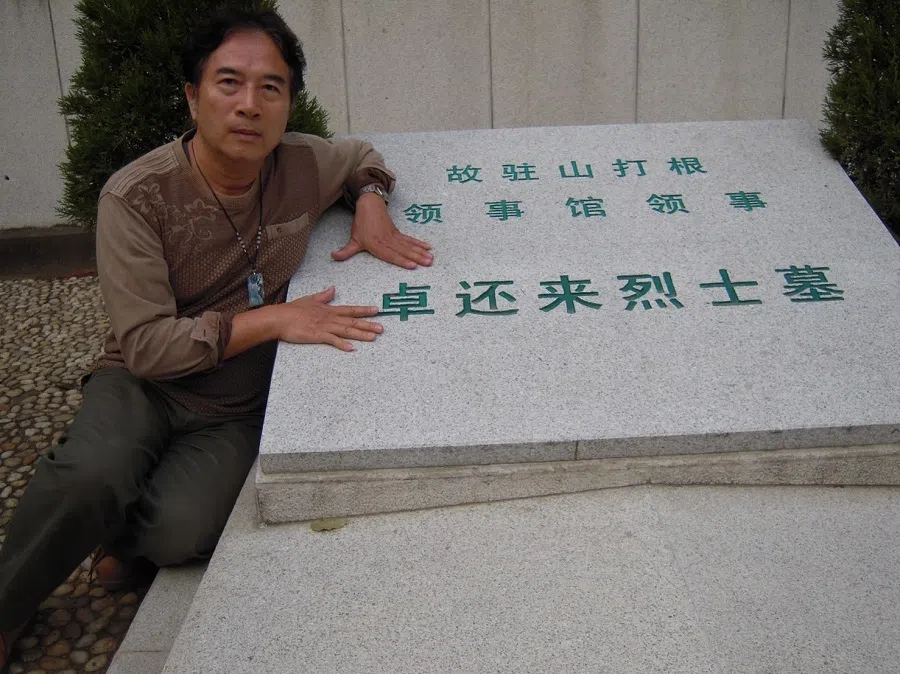
In 1959, with support from various sectors of the Chinese community in North Borneo, the Cho Huan Lai Memorial was erected at the site of Zhuo’s murder, dedicated to him and his four companions, with a plaque bearing his deeds. These diplomats who refused to surrender during the Second World War hold great honour and status in the overseas Chinese community.
As for Zhuo’s wife Zhao Shiping and their two young children, they were detained in a concentration camp in Kuching. Zhao had met Taiwanese guard Ke Jingxing and asked for some food for her malnourished children. Out of sympathy, Ke gave Zhao some eggs, which he had gotten in exchange for his cigarettes. Later, he secretly collaborated with other Taiwanese POW guards to offer assistance.
After the war, 58 Taiwanese war criminals were tried by the Allied War Crimes Tribunal, with 21 sentenced to death. Ke Jingxing was sentenced to ten years in prison.
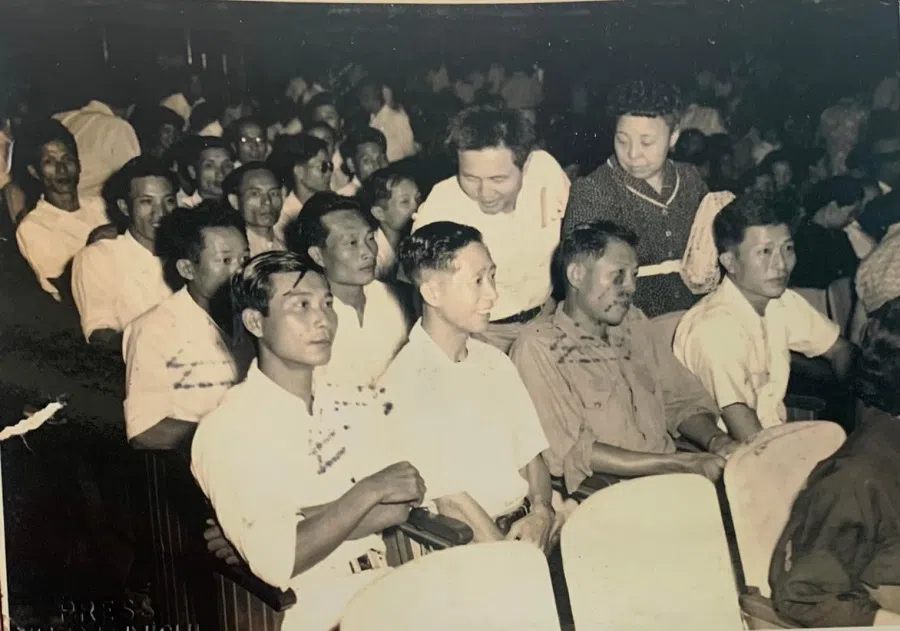
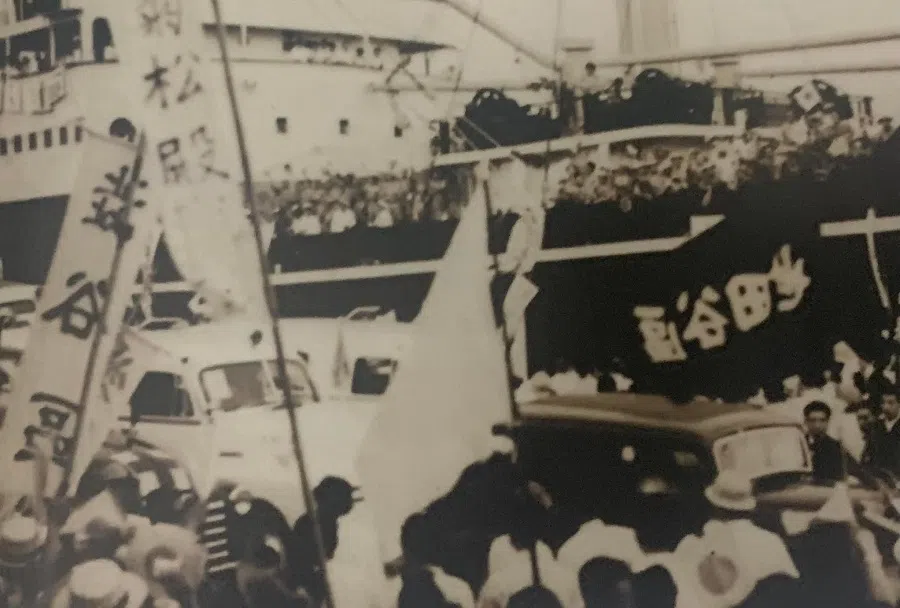
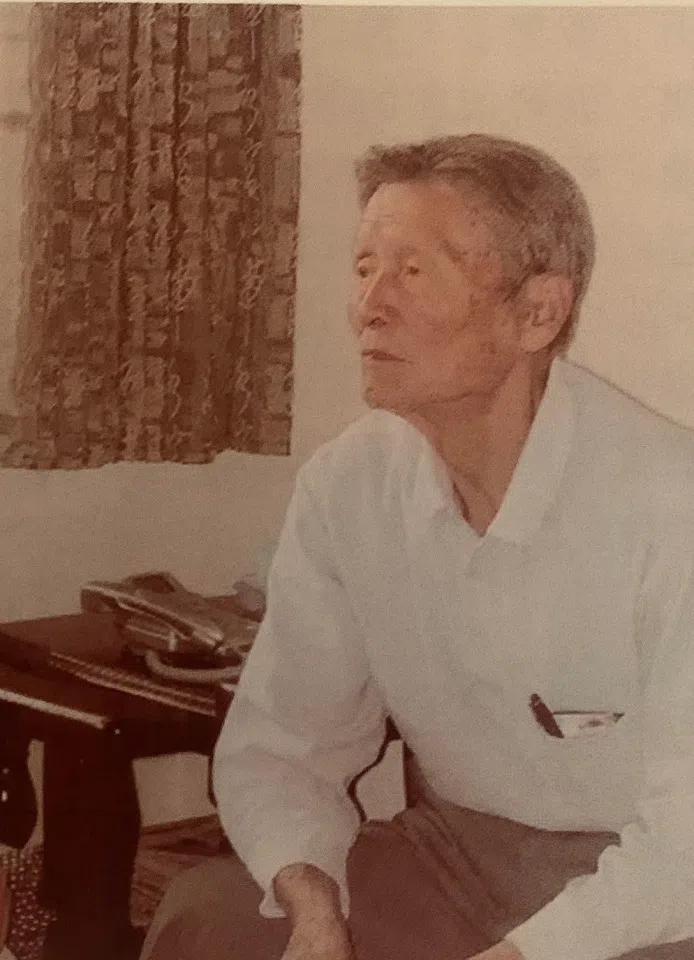
Zhao returned to mainland China and moved to the US after 1949, working at the United Nations. At this time, Zhuo Huanlai’s younger brother, Zhuo Kuanglai (卓贶来), arrived in Taiwan and taught at National Taiwan University.
Zhao asked her brother-in-law to find Ke Jingxing in Taiwan in order to thank him in person for saving their lives. However, it was to no avail as Ke was imprisoned by the Allies in North Borneo and only returned to Taiwan in 1953.
In 2010, Zhao learned through Li Zhanping’s work that Ke was still alive. She sent her niece, Zhuo Yiding (卓以定), who was also living in the US, to Taiwan to thank him in person.
Accompanied by Li Zhanping, Zhuo Yiding finally thanked Ke. A few years later, both Zhao and Ke passed away peacefully at over 90 years old. Li recounted the moving story in “Wait of a Century” (世纪的等待), which was published in newspapers and widely reported by Taiwanese media.
... this moving true story was completely distorted when adapted for the PTS TV series, just to serve current political ideology.
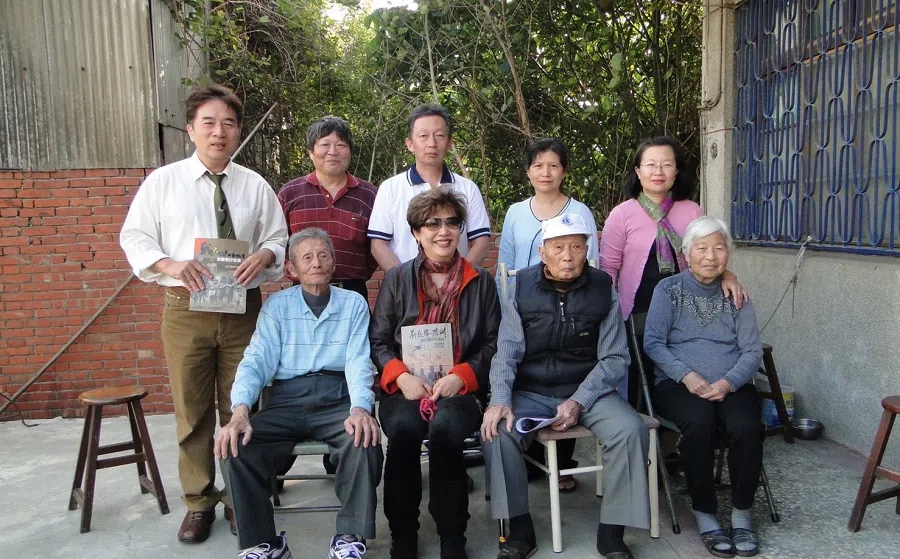
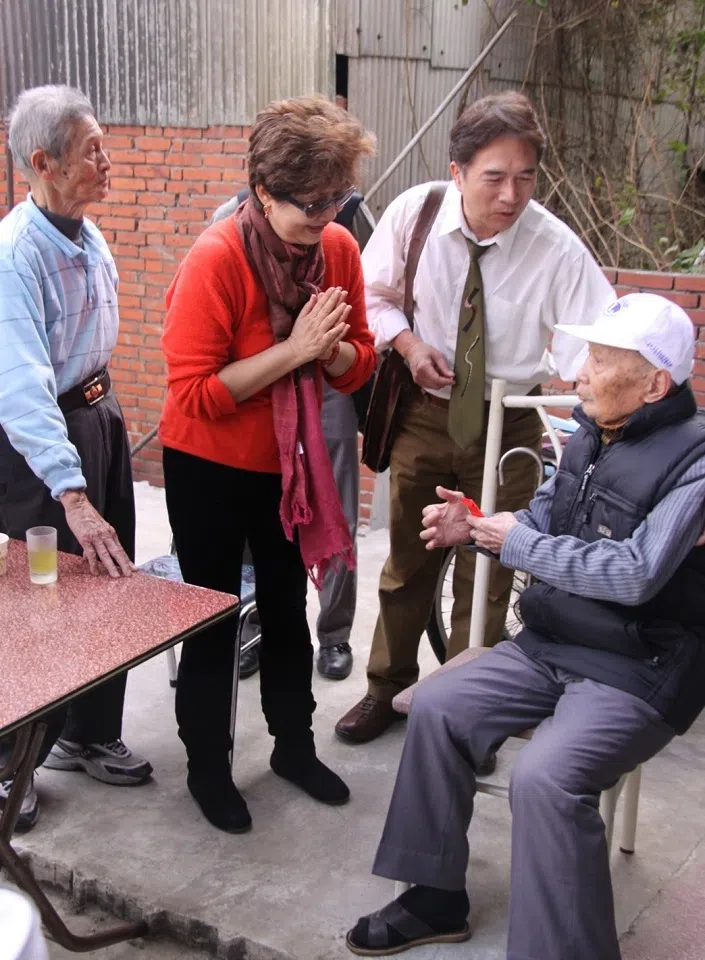
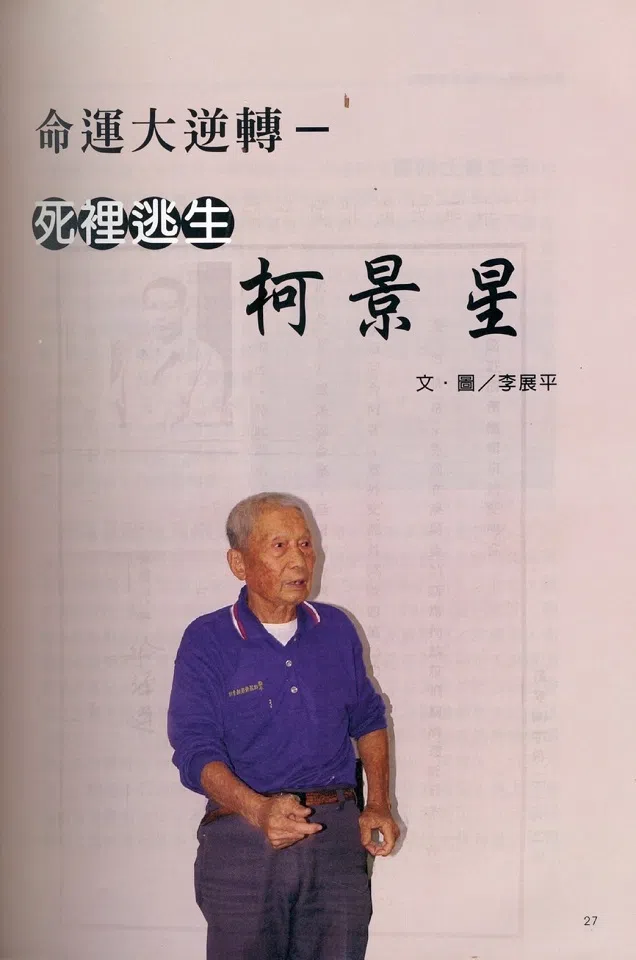
Political propaganda
And yet, this moving true story was completely distorted when adapted for the PTS TV series, just to serve current political ideology. The character based on Zhuo Huanlai is written as surviving after being spared by the Japanese army, only to be mistakenly injured by a Taiwanese guard while doing hard labour.
Depicted as harbouring a grudge, Zhuo gives false testimony before the post-war military court and resists the Chinese government’s orders, refusing to acknowledge Taiwanese war criminals’ legal status as Chinese nationals, saying that they should be considered as Japanese instead to make it easier to convict the Taiwanese war criminals.
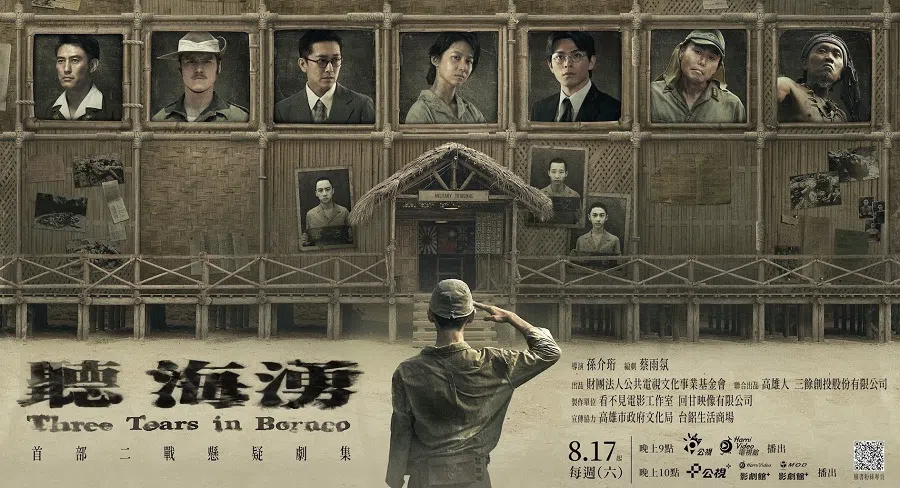
In reality, the Chinese government’s directive clearly stated that following Japan’s defeat, the Taiwanese people were to regain their Chinese nationality, having the legal status of victorious nationals, with their lives and property protected by the Chinese government. However, this did not include traitors and war criminals, as prosecuting war crimes was a joint Allied policy, involving war crimes such as murder, plunder and abuse of prisoners, which was indefensible — the show made up the Chinese government’s directive.
As for Zhao, the TV series has her being raped by the Japanese army and eventually killed along with her child.
Overall, this drama is a propaganda piece aligned with Taiwan’s ruling authorities to shape ideology and create a sense of tragedy in Taiwanese identity, a tragic character in the transition between two eras.
... to achieve the dramatic effect that “Taiwanese are kind-hearted while Chinese are malicious”, the series vilifies Zhuo Huanlai, a martyr who sacrificed his life for the country, and his innocent wife.
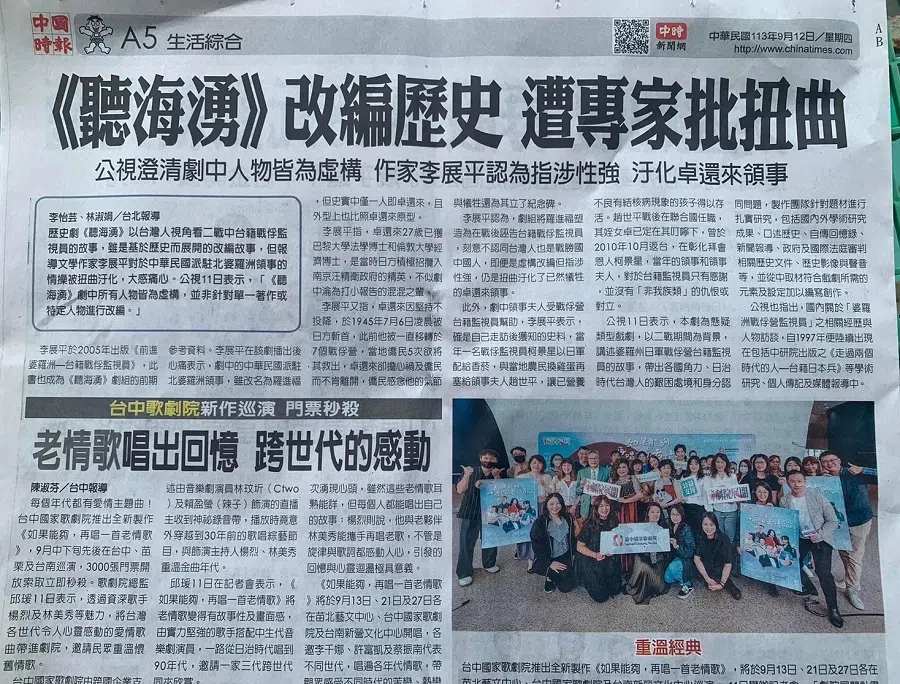
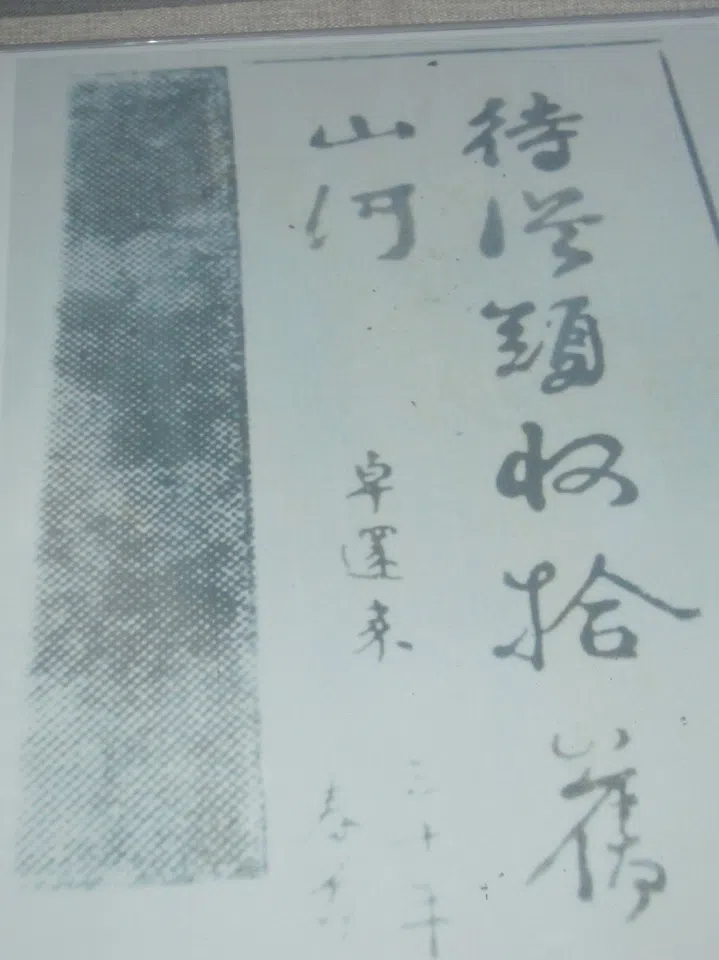
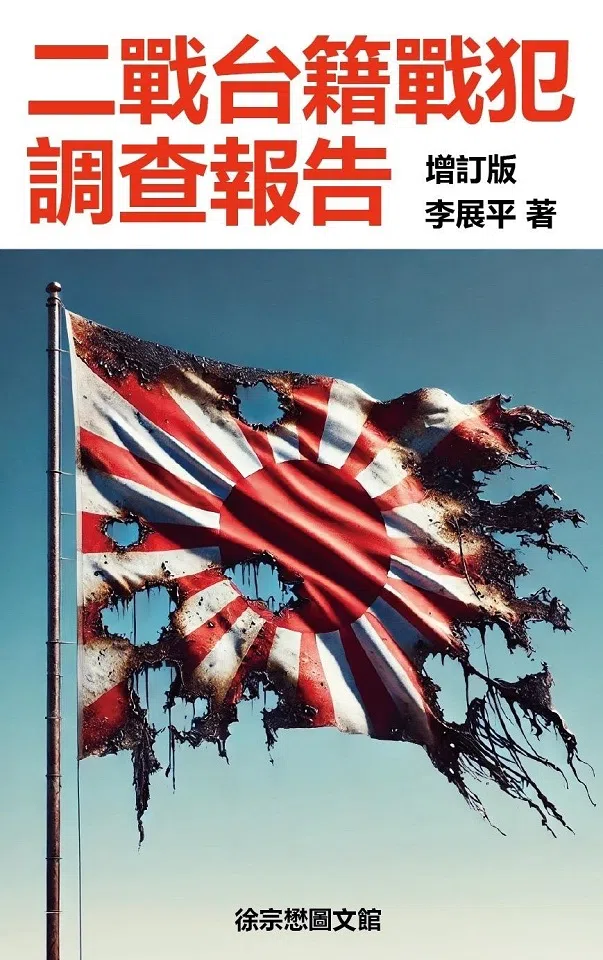
The problem is, to achieve the dramatic effect that “Taiwanese are kind-hearted while Chinese are malicious”, the series vilifies Zhuo Huanlai, a martyr who sacrificed his life for the country, and his innocent wife. This reflects how the show had pulled out all the stops to achieve the aims of political propaganda, provoking public outrage. Even pro-establishment media outlets have thrown their hands up and remained silent in the face of public criticism.
Furthermore, besides further dividing Taiwanese society, it would also be difficult to promote this drama overseas. In the international drama community, the Japanese military during the Second World War has an extremely brutal and negative image, while the Chinese have a positive image as heroic defenders of their country.
Evoking sympathy for Taiwanese war criminals through derogatory portrayals of Chinese anti-Japanese martyrs and fabricating history would not only spark negative reactions in Southeast Asia, but would also be disapproved of in a global context, and invite more criticism instead.
(NB: Regarding the controversy, Sun and Tsai, the director and screenwriter of the drama series explained on Facebook that while Three Tears in Borneo is a fictional drama based on objective historical facts, the creative process requires not only research but also selectivity, imagination and narrative construction, which is not a direct representation of history.)
